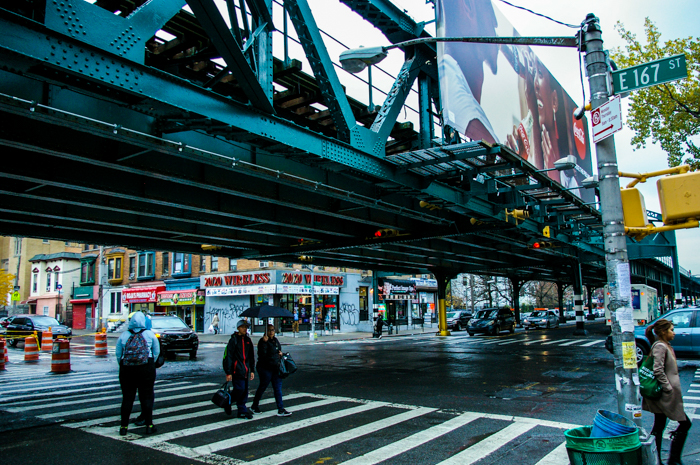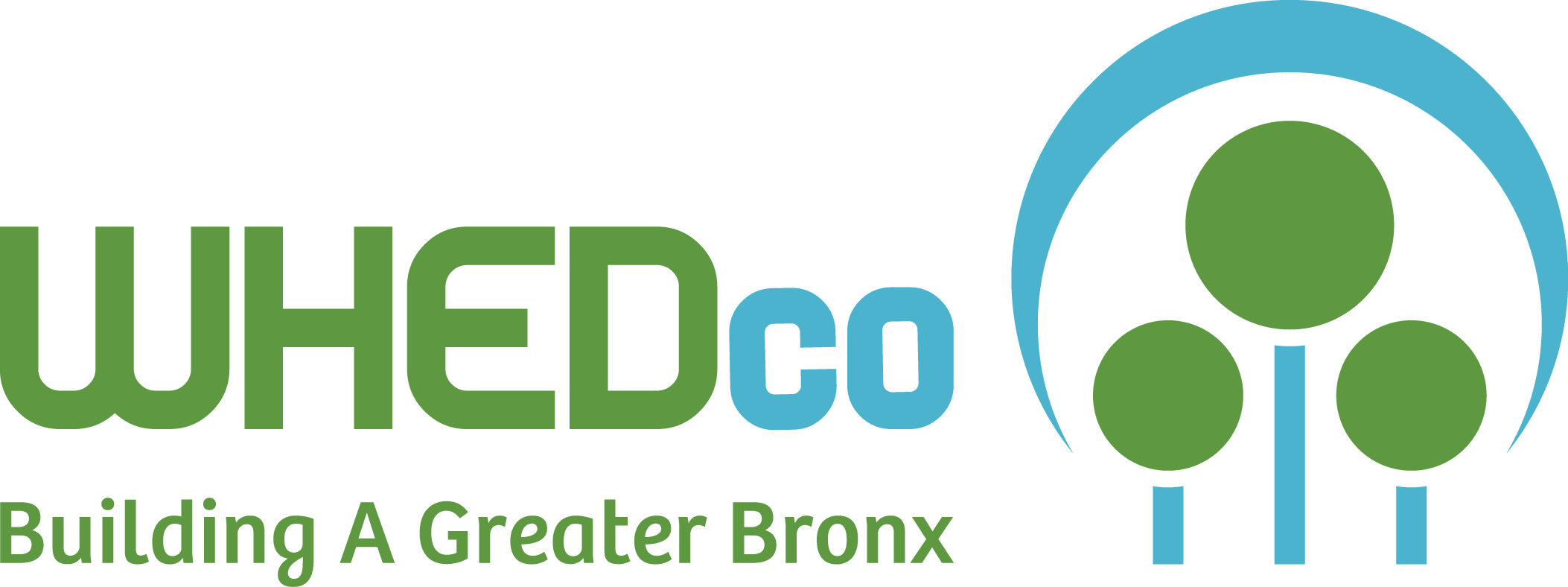
Crotona Park East/Morrisania and Wakefield/Edenwald Neighborhoods
WHEDco recently conducted community studies in two Bronx neighborhoods: Crotona Park East, home to our Intervale Green affordable housing development, and Wakefield/Edenwald, a northern Bronx neighborhood. These Community Needs Assessments help us develop a deeper understanding of the strengths and challenges present in our neighborhoods.
The Crotona Park East Community Needs Assessment provided insight from community members about the improvements, services and resources they’d like to see in their neighborhood. Considering the current neighborhood study and potential rezoning being conducted by the NYC Department of City Planning, it was interesting to learn that 59.7% of respondents had never heard about the possible rezoning around Southern Boulevard. We also found that 54.6% of households earn less than $20,000 per year and 54.1% of respondents pay more than half their monthly income on rent. Meanwhile, more than half (54.5%) of respondents do not feel their neighborhood is safe and over half (56.9%) do not think their neighborhood is clean and well-maintained. Respondents were also asked what kinds of assets or services they’d like to see more of in their neighborhood, and the top five answers were affordable housing, greater police presence, community centers/youth programs, better parks and public spaces, and career/job training centers.
The Community Needs Assessment in Wakefield/Edenwald was conducted in partnership with the Wake-Eden Community Baptist Church to gain a deeper understanding of the strengths and challenges present in the neighborhoods where Wake-Eden’s buildings and programs are located. Nearly half (45.1%) of respondents are foreign-born. Close to two out of every five respondents (38.9%) report an annual household income of less than $35,000, while 40.9% of respondents earn more than $50,000 per year. Additionally, 62.3% have a full-time job. When asked about the areas in which they needed the most help, respondents ranked the following as the highest: housing, lowering electricity/heat bills, financial issues, public benefits, and emergency food. The biggest neighborhood concerns were cleanliness and feeling uninformed about available local resources and events.
To learn more about our findings, visit our Research & Publications page!
